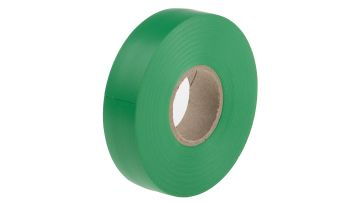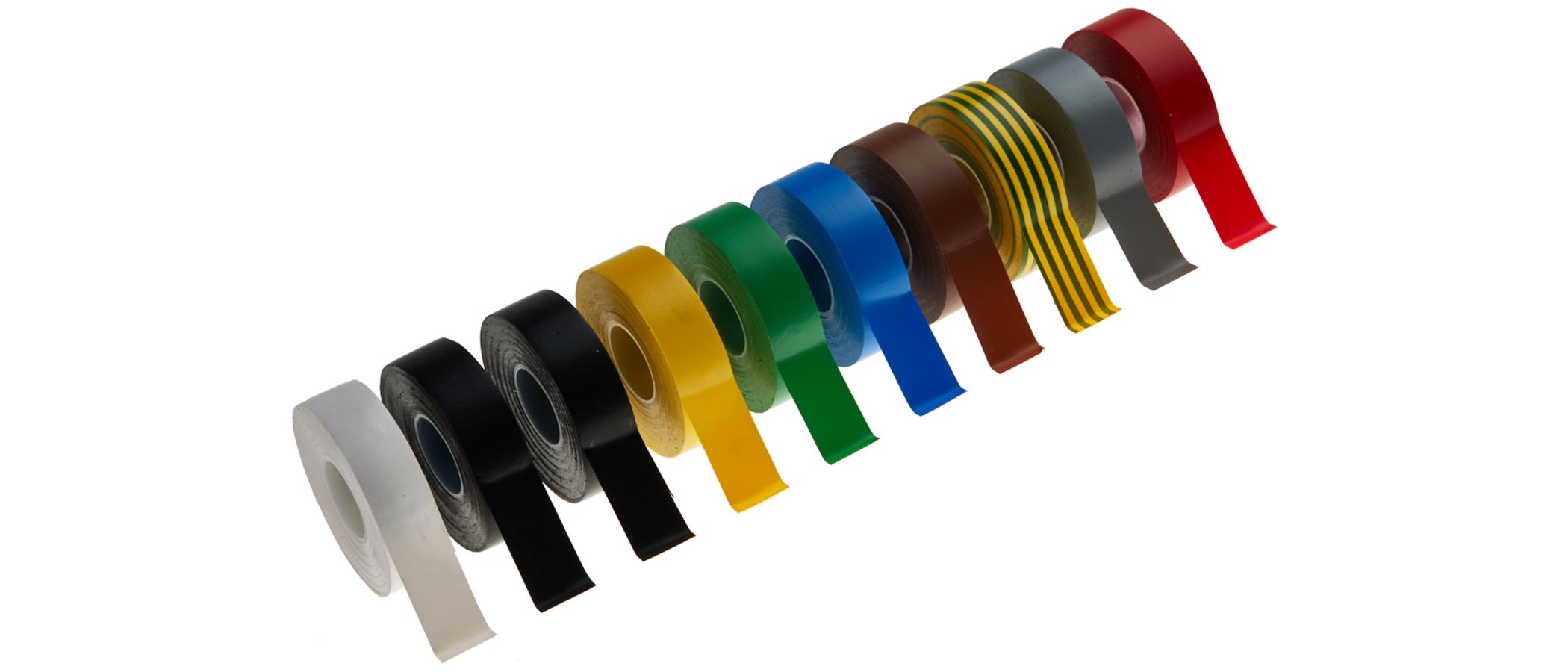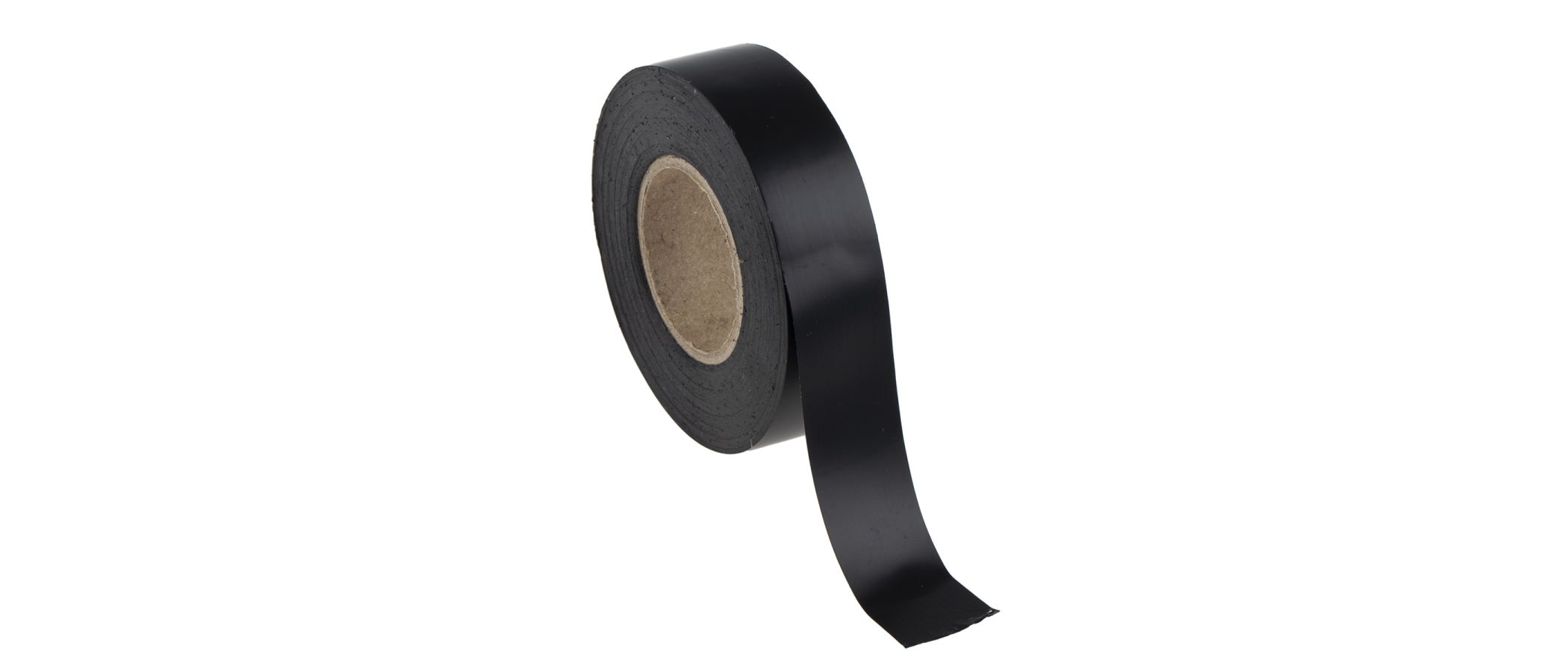Electrical Tape Types & Alternatives Guide

To learn more about electrical insulation tape, visit our electrical tape colour chart guide or our electrical tape material chart guide.
What is Electrical Insulation Tape?
Electrical tape is used primarily for safety reasons to protect, insulate, and shield a wide assortment of wires and cables which conduct electricity. It is also known as thermal insulation or insulating tape, with widespread uses in both professional and domestic environments.
Insulation tape is available in a wide range of sizes and lengths for different applications. It is also available in a multitude of materials and colours to ensure optimal insulation characteristics and enable precise colour-coding of different cables and wires.
We will explore the main types of insulation tape throughout this guide, covering important safety qualities, as well as the most frequently used electrical tape alternatives.
What are the Best Electrical Insulation Tape Types?
With so many different types of electrical insulation tapes available, it can be hard to know which one to choose. From different colours and sizes to thicknesses and backing materials, selecting the best product for the application is essential.
Here are some of the most popular brands we offer. Each has an extensive selection of top-quality products - click through to view the full range:
Popular Brands
3M
Explore our full range of 3M electrical insulation tape and shop online today with RS Components.
Advance Tapes
With a range of different colours, lengths and thicknesses available, shop Advance Tapes electrical insulation tape.
RS Pro
View the full range of quality electrical insulation tapes available from RS Pro, our own in-house brand.
Tesa
Leading brand Tesa offers a wide selection of electrical insulation tape types, ideal for a range of applications.
Is Electrical Tape Waterproof?
The short answer to this question is that electrical tape is not waterproof. Although it is stretchy and elastic, meaning that it can easily be wrapped tightly around equipment such as hoses, the tape itself is not waterproof.
Waterproof electrical tape is not possible or practical because the adhesive is likely to lose its properties when wet and the seal will be unable to hold its shape under pressure. Instead, most types of electrical tape have a certain level of weather and water-resistance. This ensures that the tape can work with small quantities of moisture, but unable to perform in situations where larger amounts of liquid are involved.
You should always remember the importance of keeping wiring and electrical devices away from water and liquids. Water acts as a conductor for electricity and can be incredibly dangerous. You must follow the appropriate safety guidance at all times.
If you are looking for waterproof tape to use in a non-electrical setting, we also stock a wide range of PTFE tapes. PTFE thread seal tape is water-repellent rather than waterproof, but it is a much more suitable alternative to electrical tape for applications involving plumbing and ductwork.
You can find out more in our comprehensive PTFE tapes guide.
What Can I Use Instead of Electrical Tape?
Several electrical tape alternatives are available, with common solutions including heat shrink tubing and wire connectors - also known as wire nuts. Wire connectors are essentially insulated caps with internal threading. Usually made from plastic, they are intended to be applied to the end of a stripped wire.
Other types of adhesive tapes are not generally recommended as a substitute for electrical tape when in direct contact with wiring or circuitry. This is because they are designed for other applications and tend to lack sufficient thermal or insulating properties for electrical use. This can mean that they quickly become unsafe if deployed incorrectly.
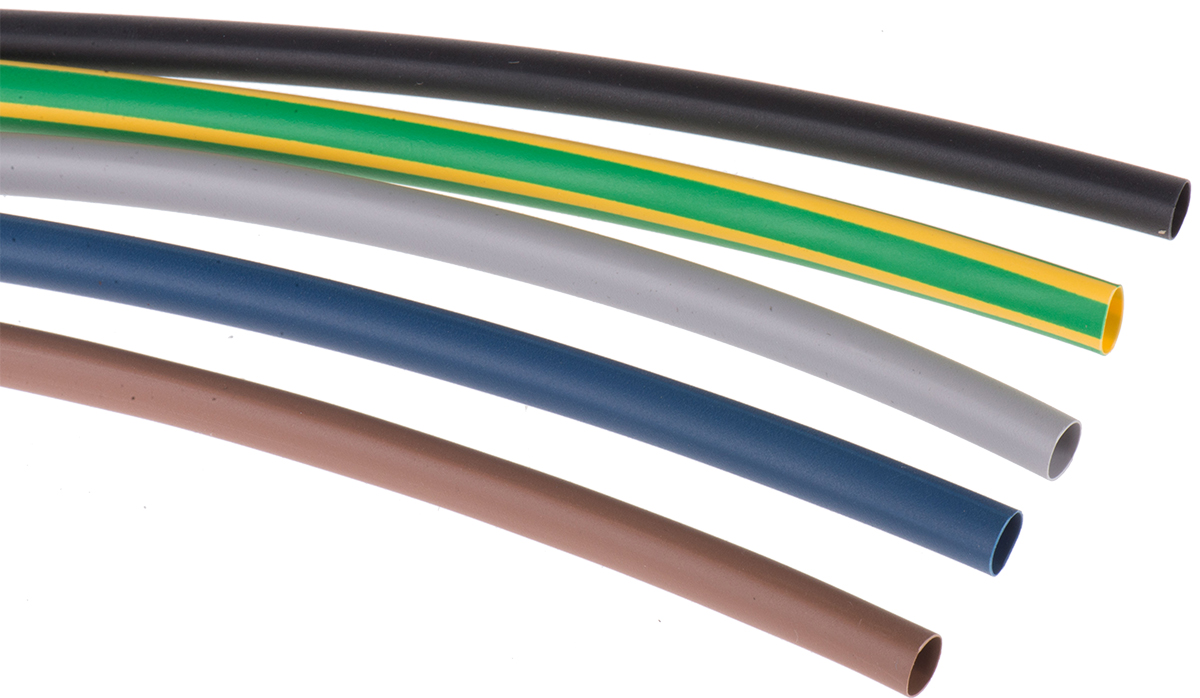
Heat shrinks are commonly found on wires in smaller electrical components and circuits, but they are not usually used in domestic or industrial applications where the wire gauge tends to be much larger.
Electrical Tape vs Duct Tape
When dealing with electrical circuitry, it is essential to acknowledge and understand the key differences between electrical tape and duct tape. Some of the most important points to bear in mind are detailed below:
-
Duct tape is a widely available pressure-sensitive hybrid sticky tape, generally made from a cloth backing coated with a thin layer of polyethylene or similar flexible plastic
-
Duct tape is designed to offer a supple adhesive layer with a reasonable level of adherence to an extensive array of materials. It also provides certain levels of moisture resistance despite not technically being waterproof in more challenging conditions
-
Although it may technically offer slightly more protection against exposed wires than no covering at all, duct tape is NOT an electrically insulating material and is entirely unsuitable for proper protection against live current
-
Duct tape is flammable if allowed to heat up to any significant extent
-
Duct tape is not particularly durable and will degrade relatively quickly in adverse conditions (ironically, it is not well suited to ductwork for this reason) when compared to most specialist electrical tapes
-
Electrical tape is generally made of a stretchy vinyl or PVC material designed to offer better insulation against current
While all tapes will eventually shift or degrade in notably challenging environments, proper electrical insulating tape from a reputable brand (such as 3M) tends to perform far better in the long-run against adverse weather conditions, changing temperatures, moisture ingress and chemical corrosion.
Is Duct Tape Safe to Use as an Electrical Tape Alternative?
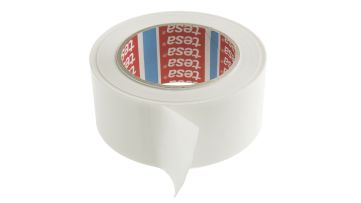
Duct tape is a multi-purpose utility product and is NOT a suitable electrical tape substitute where electricity is concerned.
Electrical tape is specifically designed and produced for meeting the day-to-day needs of electricians and is the only appropriate choice when adhesive tape is required in an electrical context. Duct tape, or any other kind of adhesive tape for that matter, will not do the job safely.
How to Use Electrical Insulation Tape
Typically, electrical insulating tape is used in minor DIY tasks such as repairing and joining small cables. However, under no circumstances should electrical tape be used for conducting key repairs to highly damaged cables, or for making long-lasting connections in light switches, junction boxes, and wiring outlets.
With high-demand and possibly high-temperature atmospheres like these, electrical tape must be used solely alongside wire nuts and similar connectors purpose-made to ensure a more secure and safer solution. Additionally, insulating tape should not be applied singularly to repair unspliced or damaged cables near flammable materials and soft furnishings.
Can You Use Electrical Tape to Insulate Wire?
The principle purpose of electrical tape is to protect and insulate wires and similar connections. It is important to note that just twisting together wires and using insulation tape to seal is not a suitable splicing technique for adhering to strict safety standards in many applications.
Often, wire connectors are also needed to achieve a fully code-compliant setup, so it is vital to double-check any guidelines or procedures which may be relevant.
Moreover, be mindful that very few materials are consistently 100% non-conductive under the right combination of circumstances - despite the remarkable dielectric performance of many purpose-made insulating tapes. With enough current and voltage, a short enough path to ground and in the right or wrong environmental conditions, even the most specialised electrical tape could potentially conduct enough current to cause serious harm.
Be alert regarding the limitations of insulating tapes when used incorrectly or unsafely, and always shut down all circuits to the fullest possible extent before commencing any kind of repair or maintenance work.
Can Electrical Tape Catch Fire?
The majority of leading electrical tape manufacturers ensure their products have strong thermal properties; most types of insulation tape can be used with temperatures up to a maximum of 80° Celsius. However, electrical tape is indeed flammable if it becomes too hot.
The chances of combustion are generally quite minimal if the tape is properly used in suitable environments, although this is entirely dependent on both the situation and the particular type of tape. Some types of insulating tape can cope with heat better than others, so it is important to choose the best type of tape for your specific application.
Does Electrical Tape Conduct Electricity?
Electrical tape acts as an insulator when used properly. This means that it protects people or components against electrical current moving through the cables. Therefore, suitably rated and installed insulation tape should NOT be a conductor for electricity.
